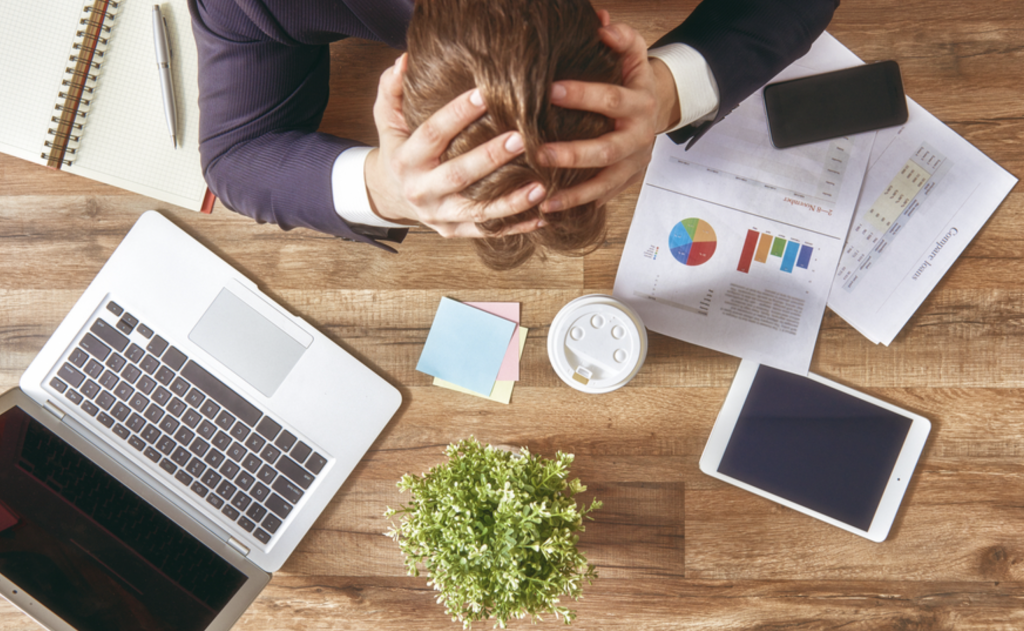In businesses, our computers help us complete most of our tasks faster and easier. But when the computer starts showing signs of slowing down like taking a long time to launch an app or opening a new tab, we start to worry about the additional time it takes to complete our daily tasks.
Slow-operating computers are normal unless you’re working with a new one over the past few weeks. Still, that slowness can be attributed to the normal activities you’ve been carrying out like running programs, browsing the internet and filling your hard drive.
In this article from casino online, we will be listing out a few of the most common reasons why your computer has been slowing down, and how you can fix them.
Contents
Opening Of Too Many Programs/Browser Tabs
It’s possible to do many things at once with your PC, but this comes at the price of placing too much load on your computer’s memory and processing speed, which will be decreased and switching from one program to another won’t be as smooth as before. Internet-connected apps like Spotify and Netflix can easily store a large cache of data that will eventually slow down your PC. In the case of opening multiple tabs in your browser, especially if any of them auto-refreshes (common in live streams sites) or rotate ads, you’ll see a major difference. This is especially the case if you’re using the Google Chrome browser which is known for eating most of your RAM.
Fix: This can be fixed by shutting down any programs that aren’t being used currently, and you should also try to run as few browser windows as you can. You can just save multiple tabs by bookmarking them in the browsers.
Irrelevant Software Updates
Many programs on your PC come pre-installed with automatic updates activated, but these updates usually take up large space on your hard drive which will conflict with the normal functions of your computer when you have the auto-installers activated. They could overload your computer and also put your security at risk.
Fix: You should take proactive measures with monitoring and maintenance. There is software that helps you deal with maintenance by handling all your updates and patches. They can also help you activate software upgrades when the computer is not being used.
A Maxed Out Hard Drive/Memory
Your hard drive and memory performance will start slowing down even before it gets full. A hard drive with 85% of its capacity filled up will affect your computer’s efficiency and productivity with sites like meilleur casino en ligne en France taking longer time to load up. Application updates, downloads, temporary files and programs are usually the reason for the large sum of space being taken up, along with files from your companies.
Fix: First thing you need to do is empty your computer’s trash. And if you have important large files on your desktop, you should consider moving them to the cloud, or delete them if they aren’t being used. You can also employ an IT provider to help you make changes if an upgraded RAM or larger hard drive is important.
Too Many Apps Open When Computer Starts Up
This draws a similarity with how some apps or programs come pre-installed with automatic updates, some applications are programmed to load upon startup. This can be annoying especially when you don’t intend to use the application, and it also slows down your computer’s processing speed when you start it up and also throughout the day when you’re not aware that some programs are operating.
Fix: You should consider working with IT experts as working on a computer’s startup log is an advanced solution. Working with a trusted IT expert will see you disable those annoying apps that are only slowing down your PC.
Conclusion
There are so many things that could slow your PC down, but these are the only few that are mentioned in this article. To be on the safe side, you should install anti-malware programs like Avast, AVG Antivirus and many more as they can help you optimize your system while warning about websites you shouldn’t visit.

